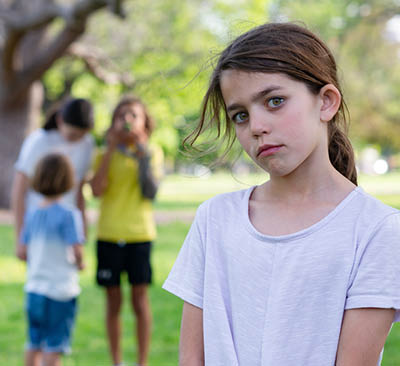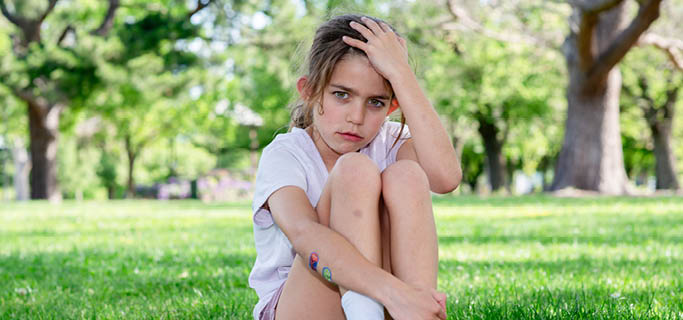Key findings
The latest Royal Children’s Hospital National Child Health Poll surveyed Australian parents, to find out what they know about concussion.
Key findings include:
- One in three parents (34%) report they have no or very little knowledge about concussion.
- Most parents know common symptoms of concussion, but half are not aware of signs related to emotional wellbeing such as feeling anxious (49%) or irritable (61%).
- Twenty-eight per cent don’t know that concussion can happen without losing consciousness or getting ‘knocked out’, and half (54%) are not aware that there are treatments for concussion.
- A quarter of parents (28%) don’t know that a child can get a concussion when they are wearing a helmet.
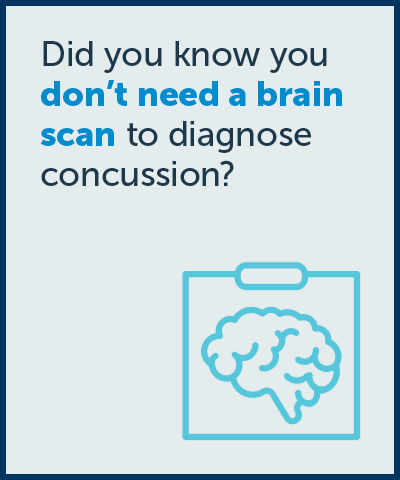
Poll report
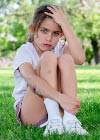
Despite how common it is among children of all ages, one in three Australian parents report they have very little knowledge about concussion. The latest National Child Health Poll from The Royal Children’s Hospital (RCH) found confusion is common, with almost one third of parents unaware that concussion can occur without losing consciousness, and more than half of parents unaware that there are treatments available.
Download the report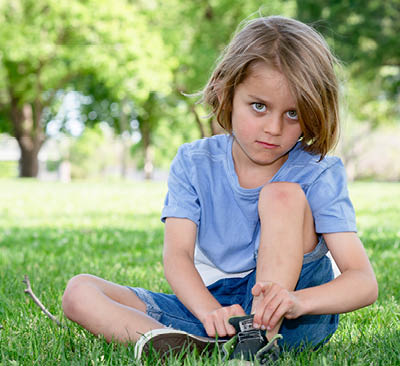
Poll questions

The poll surveyed 1,953 parents in September 2023, who provided data on 2,360 children aged between one month and 17 years. For a copy of the questionnaire used on the RCH Poll please contact child.healthpoll@rch.org.au
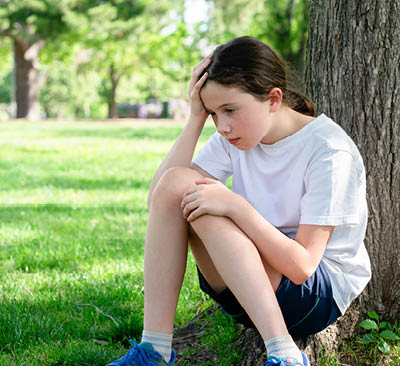
In the news
Herald Sun: Dangerous concussion myths harming Aussie kids
10 News First Melbourne: Concussion confusion
Channel 9 Melbourne: Concussion symptoms slipping past many Aussie parents, study shows
Channel 7 Melbourne: Concussion shock
The Canberra Times: Concussion confusion risks the health of children
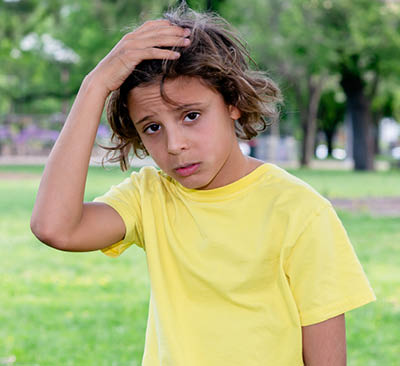
Information for parents
Tips for parents
- Concussion in kids can cause headache, tiredness, fatigue, drowsiness and nausea.
- Some children with concussion may have difficulty concentrating or remembering things and may be mentally foggy or confused.
- Some children may be irritable, sad, anxious or more emotional than usual due to concussion.
- Even if a child is feeling ok immediately after a head injury or concussion, they should not continue with physical activity or sport.
- Helmets are essential in reducing the risk of brain injuries however children can still get a concussion when wearing a helmet.
- After a mild head injury or concussion, make sure your child has plenty of rest and slowly reintroduce them to their normal daily activities.
- If your child has a headache, paracetamol can help relieve the pain.
- Most children with a concussion will get better on their own over several days, however some may take up to four weeks to recover.
- You should seek urgent medical attention if your child is displaying confused behaviour, severe headaches that are not relieved by paracetamol, frequent vomiting, bleeding from the ear or nose, fits or convulsions, difficulty in waking up or difficulty in staying awake.
Resources
- Kids Health Info Fact Sheets – Head injury – general advice
www.rch.org.au/kidsinfo/fact_sheets/Head_injury/ - Kids Health Info Fact Sheets – Head injury – return to school and sport
www.rch.org.au/kidsinfo/fact_sheets/Head_injury_return_to_school_and_sport/ - HeadCheck – An evidence-based app to help identify concussion signs and manage recovery
https://www.headcheck.com.au/ - Raising Children Network – Concussion
https://raisingchildren.net.au/guides/a-z-health-reference/concussion
